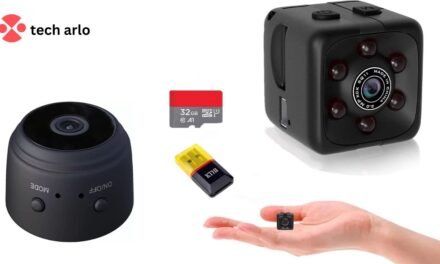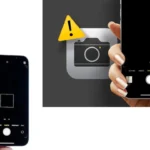Do hospital rooms have cameras? Many patients who value privacy have doubts about this issue. Hospitals deploy video surveillance across multiple locations for security and safety maintenance. Using cameras within patient rooms generates various ethical and legal issues. Hospitals choose different video surveillance approaches based on their policies to track medical care or preserve patient privacy.
Current hospital rules determine whether cameras exist in hospital rooms. Hospital patients must comprehend how healthcare facilities make decisions to protect both the safety and privacy rights of patients. The hospital room camera surveillance rules can be understood by people who want to learn about camera presence in these facilities. Knowledge about hospital video surveillance enables patients to know how their rights to privacy and security are protected.
Do Hospital Rooms Have Cameras

Do hospital rooms have cameras? The topic of camera surveillance in patient rooms creates curiosity among numerous individuals. Hospital buildings prioritize the safety of their patients, while certain healthcare facilities employ camera surveillance systems. Privacy-based restrictions prevent the use of cameras in most intimate personal areas. The whole guide examines the presence of surveillance cameras in hospital patient rooms.
Rules established by hospitals determine whether video surveillance should be installed in patient rooms. Medical monitoring operations in critical care zones rely on camera implementation at specific hospitals. Most hospital areas lack camera installation because privacy regulations remain in effect. The surveillance practices operated by hospitals can be determined by reviewing their established policies.
The installation of cameras in hospital rooms needs to be known by patients to protect their rights. Safety requirements need to be honored by hospitals, yet proper patient room privacy must be maintained. Patients who want assurance should directly request information about surveillance practices from hospital employees.
What Do Hospital Room Cameras Look Like?
The intended use of hospital room cameras is monitoring, making these cameras small with discrete designs. The devices adopt a security camera design integrating dome or box structures, enabling broad observation areas. These cameras are often placed in corners or ceilings in patient rooms for better visibility. Hospital patient safety is ensured by using night vision cameras to monitor patients during low-lighting conditions.
If you’re looking for a complete guide on hospital room cameras, it’s essential to understand their purpose. The surveillance cameras enable medical staff to watch patients at all times yet maintain their privacy. However, not all hospital rooms have cameras, as policies vary based on regulations and hospital guidelines.
Can Hospital Cameras Record Audio?
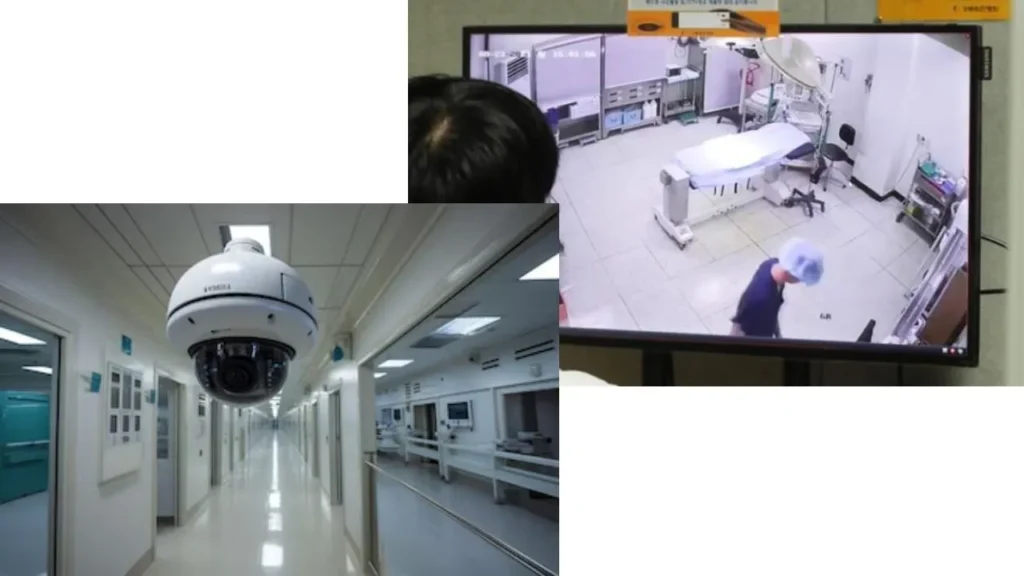
Hospital surveillance cameras function to improve security, while select institutions do not enable their systems to capture sound. Recent privacy regulations enforce restrictions on medical facility staff to record patient room sounds because it protects confidentiality standards. Hallways and entrances in hospitals may have cameras with recording features, but other areas do not enable audio capabilities.
Do Hospital Rooms Have Cameras that Record Audio? The setup in most hospital patient rooms includes cameras that function without audio recording capabilities. The act of recording conversations without permission runs contrary to local privacy laws that protect personal information.
Hospital patients who want to know about surveillance policies should refer to their facility guidelines to understand their rights. Hospitals need to create a balance between maintaining safety measures and ensuring privacy through ethical and legal use of their surveillance systems.
Why Do Hospitals Install Cameras in Patient Rooms?
Hospital authorities place monitoring cameras inside patient rooms for safety improvements and critical patient control. Medical staff benefit from video surveillance by using it to react swiftly to crises and stop accidents from happening.
Patients receive proper healthcare timeously through camera installation particularly within intensive care units. Medical facilities employ surveillance systems to prevent theft along with undisclosed entry.
Installing cameras for security benefits hospitals but creates challenges with patient privacy and ethical considerations. Hospitals need to follow exact regulations that maintain appropriate monitoring and protection of private information.
Patients must receive information about system camera operation and their rights to video observation. Reading these policies enables people to protect their safety while safeguarding their privacy at hospitals.
Read More: HOW TO CONNECT WYZE CAMERA TO WIFI?
ARE THERE SPEED CAMERAS IN MARIN COUNTY?
Can Patients Access the Camera Footage?
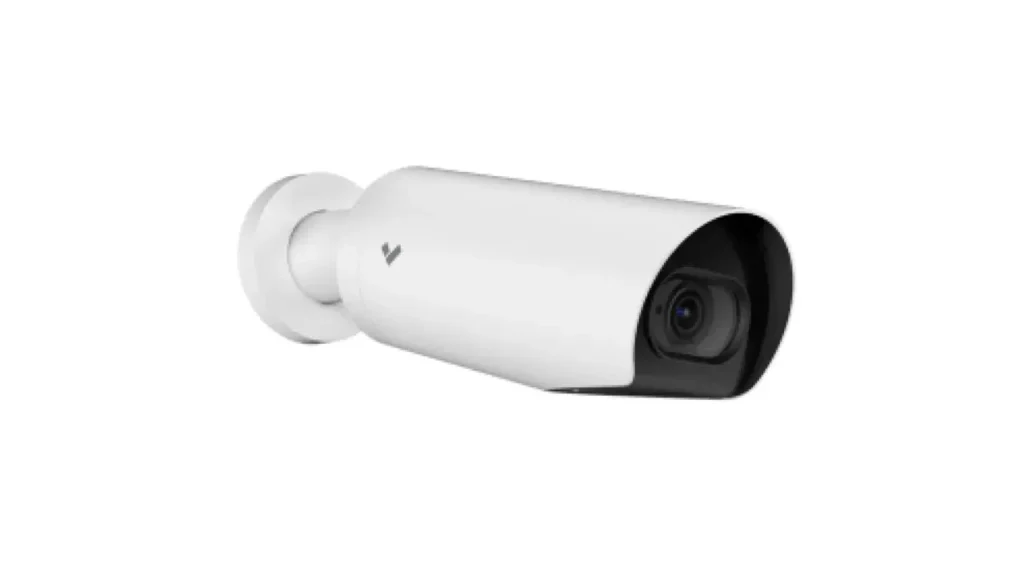
Hospital patients frequently inquire about their ability to obtain recorded video footage from security cameras. Access to videos is subject to hospital rules, privacy regulations, and video surveillance objectives. Hospitals either grant patients the ability to watch video recordings or withhold such access because of privacy concerns.
Hospital security functions consist of camera surveillance operations that facilitate safety protocols, support monitoring incidents, and maintain patient privacy. Obtaining hospital surveillance videos typically needs legal approval or the submission of official requests.
Patients must review hospital rules and their rights to see recorded videos. The regulations define medical facilities protocol so patients remain informed about their privacy rights when accessing healthcare services.
How Do Cameras in Hospital Rooms Impact Patient Care?
Patient care improves through hospital room cameras since they provide both safety enhancements and better monitoring. Healthcare staff can monitor patient movement through video surveillance to respond quickly to emergencies.
Critical care units use cameras to decrease clinical mistakes and prompt emergency action. Implementing cameras in hospital rooms requires hospitals to act responsibly regarding patient rights to privacy and ethical aspects.
Do hospital rooms have cameras? Hospital surveillance policies, together with legal laws, determine this outcome. Security cameras exist in specific hospitals, but patient privacy takes precedence in other institutions.
Patients need to learn their rights while seeking information about hospital surveillance practices. Healthcare quality requires hospitals to establish proper measures to protect safety and privacy.
Prohibited Occasions for Hospital Room Cameras
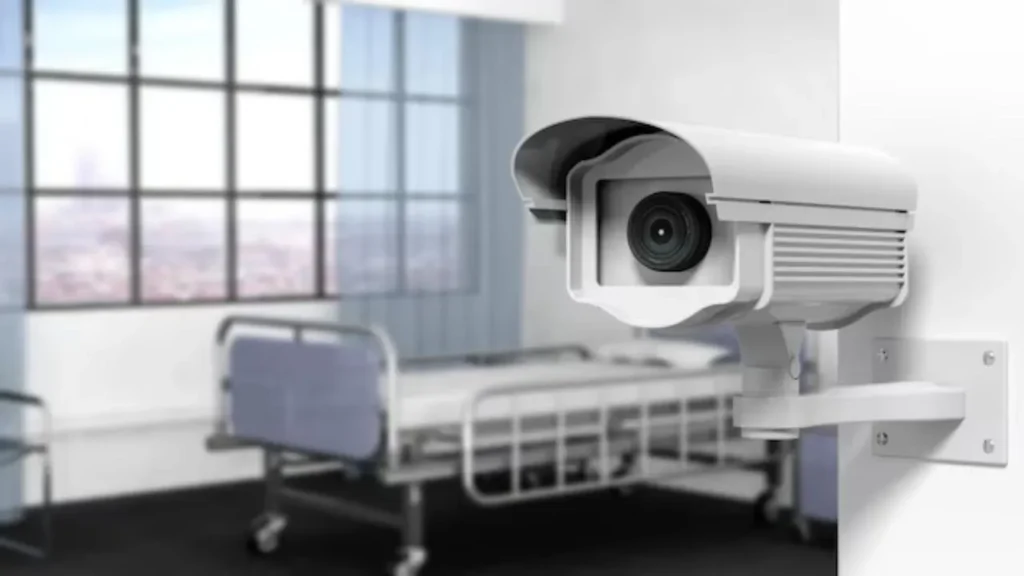
Hospitals must comply with specific privacy regulations about deploying cameras inside patient beds. The monitoring of video signals is forbidden within clinical spaces, which require patient confidentiality.
A hospital cannot install monitoring devices inside patient examination locations, operations, or spaces to provide individual patient care. The rules enacted to protect patient dignity also serve as requirements for healthcare privacy standards.
Do hospital rooms have cameras in restricted areas? The provisions regarding this matter originate from existing legal and ethical standards. The healthcare organization protects patient confidentiality by maintaining safety measures for all hospital areas.
Illegal surveillance within hospital patient rooms triggers legal liabilities and patient trust. Learning the hospital policies enables patients to maintain confidence regarding their private rights.
FAQ’s
What states allow cameras in hospital rooms?
Different state jurisdictions set varying laws regarding hospital room camera systems that sometimes permit their use for security purposes. Installation of hospital room cameras requires hospitals to respect privacy laws and get patient permission according to state regulations.
Is it legal to have cameras in patient rooms?
Most facilities limit camera usage in patient rooms since they must protect patient privacy. Hospitals must follow HIPAA surveillance standards because they must always protect patient privacy.
Do ER rooms have cameras?
Security and monitoring purposes exist in most Emergency Room facilities due to camera installations. Hospital establishments must adhere strictly to privacy statutes that defend patient rights and medical confidentiality practices.
Conclusion
In Conclusion, Do hospital rooms have cameras? Hospital surveillance policies must be thoroughly understood for patient privacy and security reasons. Video monitoring systems exist within hospitals, yet the policy specifies that patient rooms remain off-limits to these systems.
Privacy regulations stop unauthorized camera surveillance for patient dignity protection and medical confidentiality. Medical monitoring cameras are found in certain facilities though others cannot install them due to legal requirements.
Healthcare facility patients must understand the video surveillance terms that apply to their care. Patients can realize privacy protection methods through hospital policy review procedures. Do hospital rooms have cameras? The presence of room cameras depends on hospital guidelines, ethical principles, and patient freedom standards.




